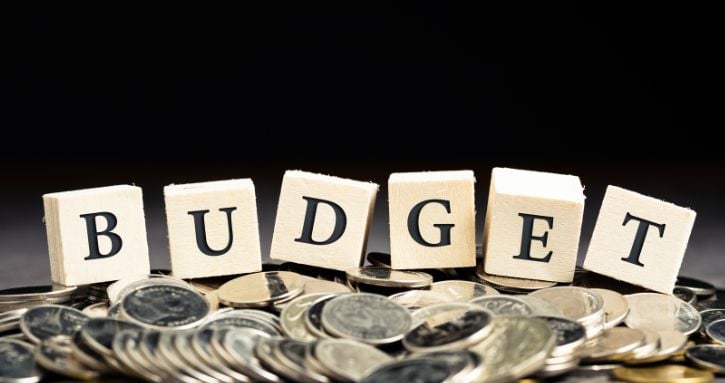Zero-Based Budgeting: Give Every Dollar a Job
Ever get to the end of the month and wonder, “Where did all my money go?” You’re not alone—and that’s exactly why zero-based budgeting is a game-changer. Don’t let the name scare you off. It’s actually super simple, and once you try it, you might never go back.
What Is Zero-Based Budgeting?
Zero-based budgeting is all about being intentional with your money. The idea is to assign every dollar you earn to a specific purpose—until there’s zero left unassigned. That doesn’t mean you’re spending it all. It just means every dollar has a job, whether it’s going toward rent, groceries, savings, or debt payments.
Let’s say you make $3,000 a month. You’ll break that amount down into all your expenses—including savings—and once everything is accounted for, your budget should hit zero.

Why People Love It
Because it works. Zero-based budgeting gives you a clear picture of where your money’s going. It helps you:
- Stay on track with your financial goals
- Avoid overspending
- Build savings faster
- Feel more in control
If you’re already using apps like Ibotta or checking out cashback tools, this budget style makes it easy to plug in those earnings and keep things organized.
How to Start Your Zero-Based Budget
Write down your monthly income Include your paycheck, side hustles, freelance gigs—even cashback rewards.
1. List your monthly expenses
Think rent, utilities, groceries, gas, phone bill, subscriptions, etc. Don’t forget savings and debt payments.
2. Assign a dollar amount to each expense
Be honest about what you really spend. If you’re not sure, go back through your bank statements.
3. Adjust until it all adds up to zero
If you have extra money left over, assign it to savings, investing, or paying down debt.
New to budgeting? You might also enjoy Budgeting 101 for a full beginner’s guide.
What Makes It Different?
Traditional budgeting often leaves you with vague categories and untracked dollars. But with zero-based budgeting, every dollar is accounted for. You know exactly where your money is going and why.
This method works especially well when you’re trying to build your emergency fund, since you can set a fixed goal and watch your progress each month.
A Few Tips to Keep It Easy
- Use tools like spreadsheets or budgeting apps
- Don’t forget irregular expenses (like gifts or car maintenance)
- If your income isn’t steady, base your budget on your lowest expected amount
Final Thoughts
Zero-based budgeting isn’t about restriction—it’s about clarity. It helps you use your money with purpose, instead of guessing and hoping it lasts. Whether you’re saving for a goal, paying off debt, or just trying to feel more confident with your finances, giving every dollar a job is a great place to start.
Want to boost your savings even more? Try pairing your budget with money-saving apps or using cashback rewards to stretch your dollars even further.
